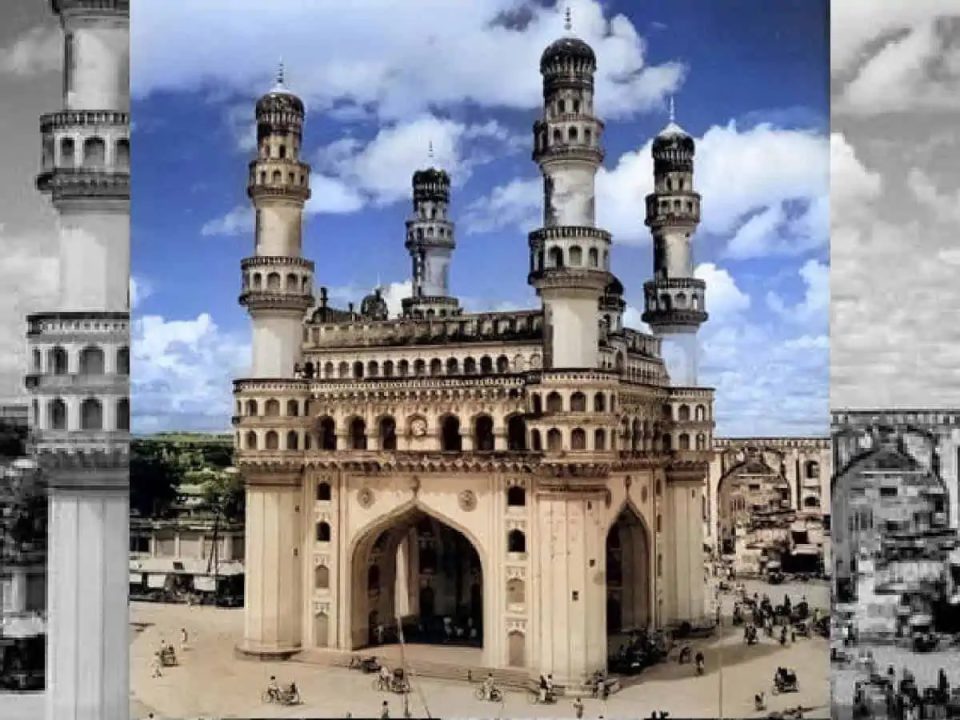Auto rickshaw drivers in Telangana have raised their voices in protest against Chief Minister Revanth Reddy’s Mahalakshmi scheme, which offers free travel on state transport buses to women and girls. The drivers, expressing concern about the potential negative impact on their income, have called for government intervention to mitigate the financial challenges they anticipate.
During a protest held at Kadem in Telangana’s Nirmal district, auto drivers emphasized the adverse effects the scheme could have on their livelihoods. They argued that the scheme, which provides free bus travel to all women and girls, regardless of limits or eligibility criteria, is causing a significant reduction in their daily earnings. Many buses, they claimed, are running nearly empty, with only a few women passengers.
“Why did the scheme encompass all buses? We anticipated limitations. CM Revanth Reddy emphasized justice for all, but will he ensure justice for the one crore individuals in Telangana relying on autos for their livelihoods?” queried a protesting auto driver.
The drivers voiced concerns about their ability to provide for their families, pay for their children’s education, and cover essential expenses such as EMI, electricity bills, and auto financing. One auto driver lamented a significant drop in earnings from Rs.1,000 per day to a fraction of that amount, highlighting the economic strain faced by the affected individuals.
According to sources in the state government, the Telangana State Road Transport Corporation (TSRTC) used to generate Rs.2,500 crore annually through women passengers. With the implementation of the Mahalakshmi scheme, the Congress-led government may need to replenish this amount to the corporation, which is already burdened with accumulated losses of Rs.6,000 crore.
Netizens are divided in their opinions on the matter, with some expressing sympathy for the auto drivers’ plight, while others suggest that drivers should switch to using meters and refrain from charging exorbitant fares for short distances. The advent of metro rail services had already posed challenges to auto drivers, and the free bus scheme is perceived as exacerbating their difficult situation.
In the midst of the controversy, a Times of India report highlighted that Telangana auto unions are not fundamentally against the free bus scheme. Instead, their primary demand is the implementation of a welfare board for all transport workers.
The debate over the Mahalakshmi scheme has ignited discussions on social media, with some users emphasizing the importance of empowering schemes for women and redirecting attention towards issues such as tax waivers for big businesses, politicians’ foreign tours, and extravagant expenditures on photo shoots and designer suits. The conflicting perspectives underscore the complexity of balancing socio-economic interests in policy decisions.

